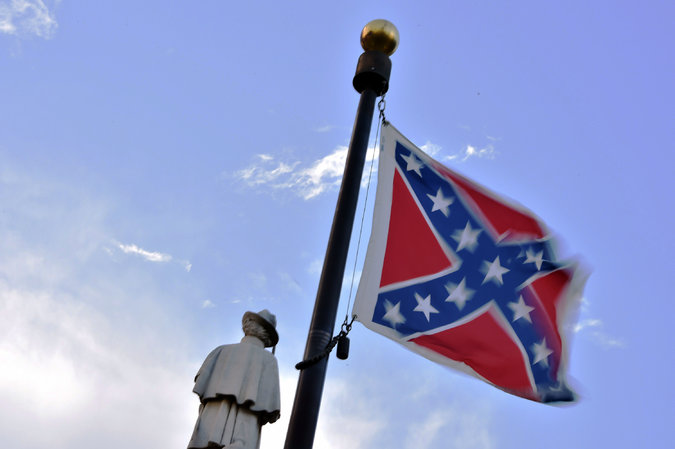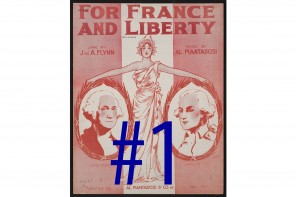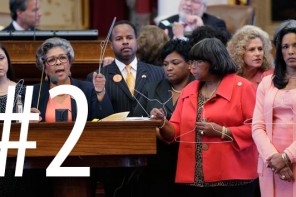The Confederate Flag conjures up extreme emotions on both ends of the spectrum. For many with deep Southern roots, the flag stands as a cultural symbol and is a part of their identity. For others, it is a symbol of racism, hatred and violence.
In our second pick of the week of June 30th, we especially like this opinion piece in the New Yorker, which offers us some context for the flag and how it is possible to have a symbol represent such different things for different groups.
“Americans, both in the South and beyond, attach a particular brand of exceptionalism to the region. This is the reason that there is a Southern Historical Association but not a Northern one; a genre known as Southern literature but no Northern corollary; and a concept of Southern politics as something distinct from the national variety. The notion of the Confederate flag as a benign tribute to that exceptionalism rests upon another premise that illustrated, long before our present concerns with climate change and vaccination did, the political usefulness of denial: the idea that the Civil War was not fought over slavery—a claim that would have bewildered those who served in it—allowed Southerners to memorialize the leaders of an armed insurrection without the sticky moral baggage of bondage attached.
That interpretation held that the war was sparked by a conflict over tariffs that penalized Southern agriculture to the benefit of Northern industry. Or, more vaguely, that the war was fought over “states’ rights.” This evasion proved amazingly effective. Monuments to the valor of the Confederate ideal dot the South like matériel left on a battlefield. But none of these arguments bear scrutiny. Were the Southerners who erected those monuments concerned primarily about the valor of men, there would be many more dedicated to the former slaves who fought for the Union and risked death or, arguably worse, reënslavement. Were the war mainly about tariffs, we would be left to think that these fugitives fled farms and plantations to join the Union Army because of their abiding belief in trade protectionism. Or that the nearly forty thousand of them who died did so defending their views on Federalism. The Confederates themselves did not believe this.”
Today, the connection between Southern pride and the right to love the Confederate flag are intertwined. According to a 2014 Winthrop University poll, 61% of people in South Carolina honor the confederate flag as part of their state’s heritage. From the Washington Post:
“For those who wish to respect the flag on private property, no one will stand in your way. But the statehouse is different. The events this past week call on us to look at this in a different way,” South Carolina governor Nikki Haley said. “We are not going to allow this symbol to divide us along longer. … The fact that it causes so [much] pain is enough to move it from the capitol grounds. It is, after all, a capital that belongs to all of us.”
Lawmakers in the state legislature have sole power to move the flag, and Haley needs a ⅔ vote to see her vision through.
This young woman took it upon herself to remove the flag, and was promptly arrested afterwards.
States like Georgia and Mississippi feature the confederate flag in their state flags, something which is being called into question.

Georgia

Mississippi
After Governor Haley called for the flags removal from the state capitol, so did Alabama Governor Robert Bentley.
There’s a movement of Southern women who are responding directly to sexist and racist ideology that they need protecting by angry, violent white male supremacists. Covered by The New Republic:
“There is an important distinction between white women, a people, and the concept of white womanhood—one that holds that a white woman is the best thing you can be in America after a white man, and that it is the responsibility of white men to protect your virtue at any and all costs. This white supremacist and benevolently sexist ideology depends both on the subjugation of white women by white men, and on the subjugation of all people who are not white—by white people (including white women).”
http://www.newrepublic.com/article/122110/i-dont-want-be-excuse-racist-violence-charleston
In case you missed it, this is from last week and well worth the watch.






